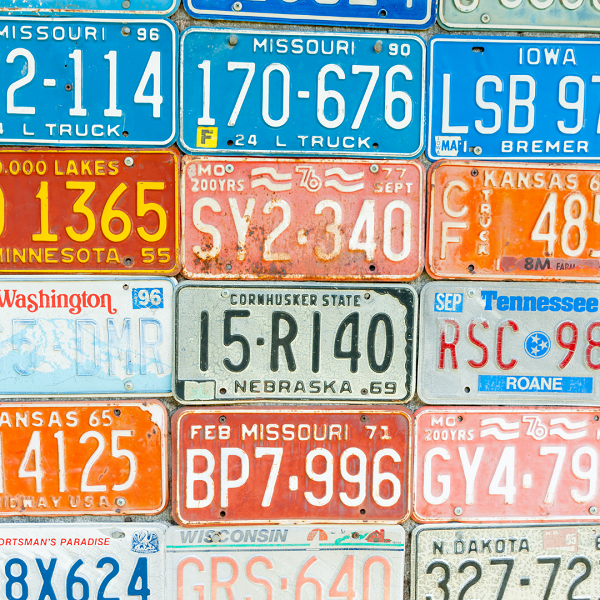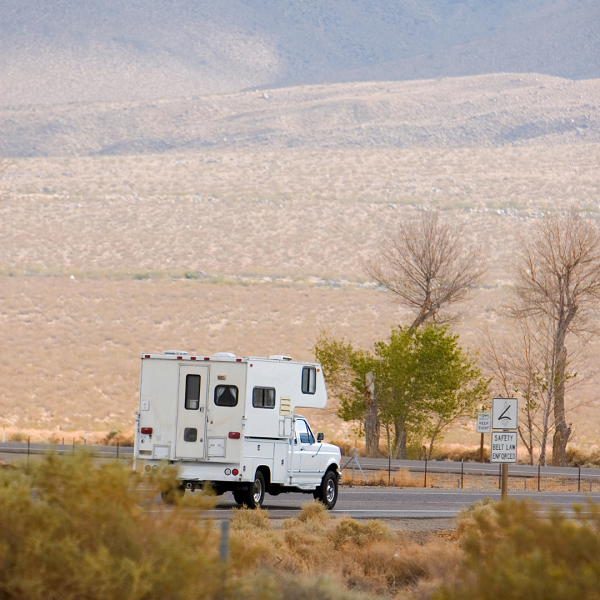RV Drivers Licensing
Dallas Fort Worth, Texas. Whether you are going on holiday with a rental or using your very own RV, it is important to know exactly what documentation you will need to legally do so. This article will help you make sure you have a valid driving license for driving your motorhome or recreational vehicle across the U.S.A.
It goes without saying that you will need an automobile license but do you need a special license to travel with your RV, and if so, what does that mean for you? Here’s a quick look at the rules and regulations as well as some things you need to know.

What is a special license?
A special driver’s license is pretty much any license that isn’t your typical passenger automobile license. That includes commercial licenses, motorcycle licenses, chauffeur licenses, restricted licenses, and more. Every state has their set guidelines for which types of licenses residents can use—check with your local DMV to determine what your state offers. As you’ll see below, some states have different rules when it comes to vehicles over 26,000 pounds. Many RVs don’t come close to the weight limit, which means a special license might not be necessary.
So, do you need a special license to drive an RV?
Unless you’re going BIG, (and that’s a Texas big!) probably not. Most states do not require a special license for RVs weighing under 26,000 pounds or towed vehicles under 10,000 pounds. Vehicles that can carry more than 16 passengers are often subject to special licensing.
The quickest way to check the height, length and weight capacity of your RV is to check your owner’s manual. Always be sure to know the maximum weight your RV can carry and never exceed the maximum. If you are planning to take your RV on a cross-country trip, you should, of course, take a look at each state’s licensing for RV’s. See below for our full list detailing licensing laws for each state across America.
States that require a commercial driver’s license:
- Arkansas – Need Class B Commercial License if the vehicle is more than 26,000 pounds.
- Connecticut – Need Class B Commercial License if the vehicle is more than 26,000 pounds.
- Hawaii – Need Class 4 Non-Commercial License if the vehicle is less than 26,000 pounds; need Class B Commercial license if the vehicle is more than 26,000 pounds.
- Minnesota – Need Class B Commercial License if the vehicle is more than 26,000 pounds.
- Washington, D.C. – Need Class A or B Commercial License if the vehicle is more than 26,000 pounds.
- Wisconsin – Need Class B Commercial License if the vehicle is longer than 45 feet.
- Wyoming – Need Class A or B Commercial License if the vehicle is more than 26,000 pounds.
States that require a special (non-commercial) driver’s license:
- California – Need Class B Non-Commercial License if the vehicle is between 40 and 45 feet long.
- Iowa – Need Class D Non-Commercial License
- Kansas – Need Class B Non-Commercial License if the vehicle is more than 26,000 pounds.
- Maryland – Need Class C Non-Commercial License if less than 26,000 pounds; need Class B Non-Commercial License if more than 26,000 pounds.
- Massachusetts – Need Class B Non-Commercial License if the vehicle is more than 26,000 pounds.
- New Mexico – Need Class E Non-Commercial License.
- North Carolina – Need Class A Non-Commercial License if the vehicle is less than 26,000 pounds; need Class B Non-Commercial License if the vehicle is more than 26,000 pounds.
- Nevada – Need Class B Non-Commercial License if the vehicle is more than 26,000 pounds.
- New York – Need Class B Non-Commercial License if the vehicle is more than 26,000 pounds; requires an “R” recreational vehicle endorsement.
- Pennsylvania – Need Class B Non-Commercial License if the vehicle is more than 26,000 pounds.
- South Carolina – Need Class E Non-Commercial License if the vehicle is more than 26,000 pounds; need Class F Non-Commercial License if the vehicle is more than 26,000 pounds and is towing another vehicle.
- Texas – Need Class A or B Non-Commercial License if the vehicle is more than 26,000 pounds.
States that DO NOT require a special driver’s license:
- Alabama
- Alaska
- Arizona
- Colorado
- Delaware
- Florida
- Georgia
- Idaho
- Illinois
- Indiana
- Kentucky
- Louisiana
- Maine
- Michigan
- Mississippi
- Missouri
- Montana
- Nebraska
- New Hampshire
- New Jersey
- North Dakota
- Ohio
- Oklahoma
- Oregon
- Rhode Island
- South Dakota
- Tennessee
- Utah
- Vermont
- Virginia
- Washington
- West Virginia
*The above is for guide purposes only and is correct at time of writing. You should always check for the latest laws and regulations before setting off in your RV.
Knowing the vital statistics of your rig is extremely important. Imagine the scene, you’ve just set off with your family on a big adventure in your recently serviced RV. You’re all packed up, your journey is planned and everyone is excited to get going. At some point in your journey, you cross into another state and before you know it there are red and blue flashing lights in your rear-view. The nice policeman explains that your license isn’t valid to drive this class of RV in this particular state and swiftly issues you with a ticket and walks away with a big chunk of your holiday money. Not fun, nor the adventure that you and your family had in mind!

With this picture fresh in our minds, we understand that it’s crucial to be aware of the maximum weight, height and length of your RV before starting out on your journey. This way you can be sure to adhere to any rules or regulations in your state, the states you plan to travel to and avoid any unexpected (and unwanted!) brushes with the law.
For more advice on how to maintain or upgrade your RV, prepare for your next adventure, book your next service or to browse our latest RV inventory give us a call on (817) 439-4161. Or, if you’re in the Dallas Fort Worth area we’d love to meet you so why not come by and say hello?
We’re located at:
1128 Blue Mound Road West STE 100, Haslet, TX 76052
Contact us Today!
